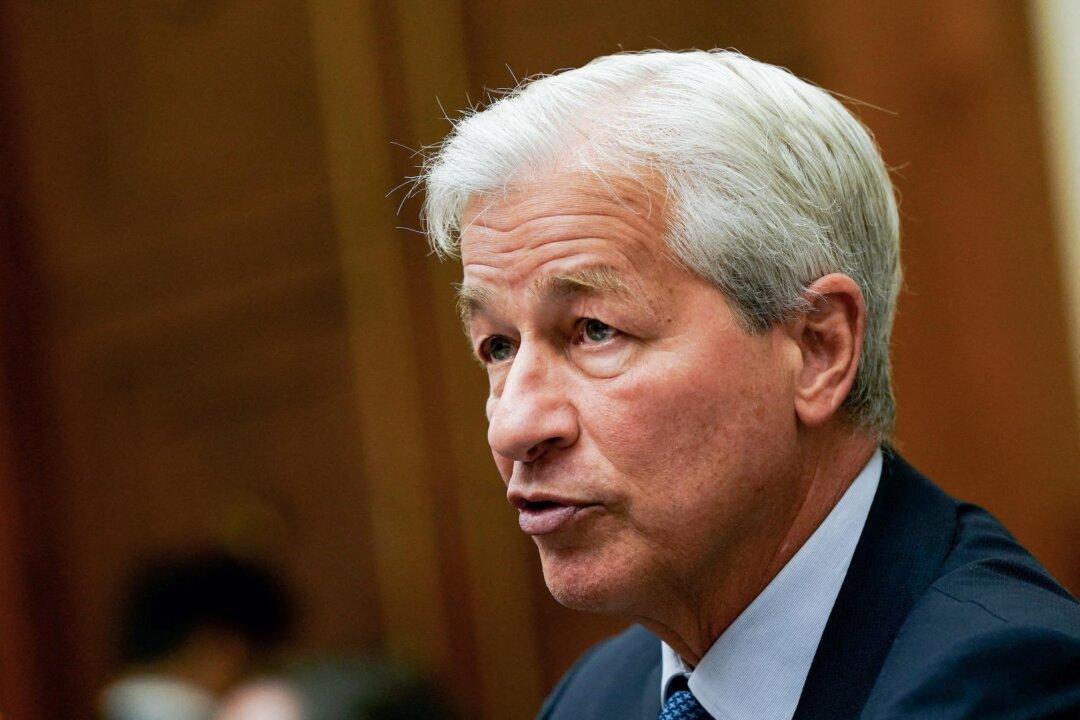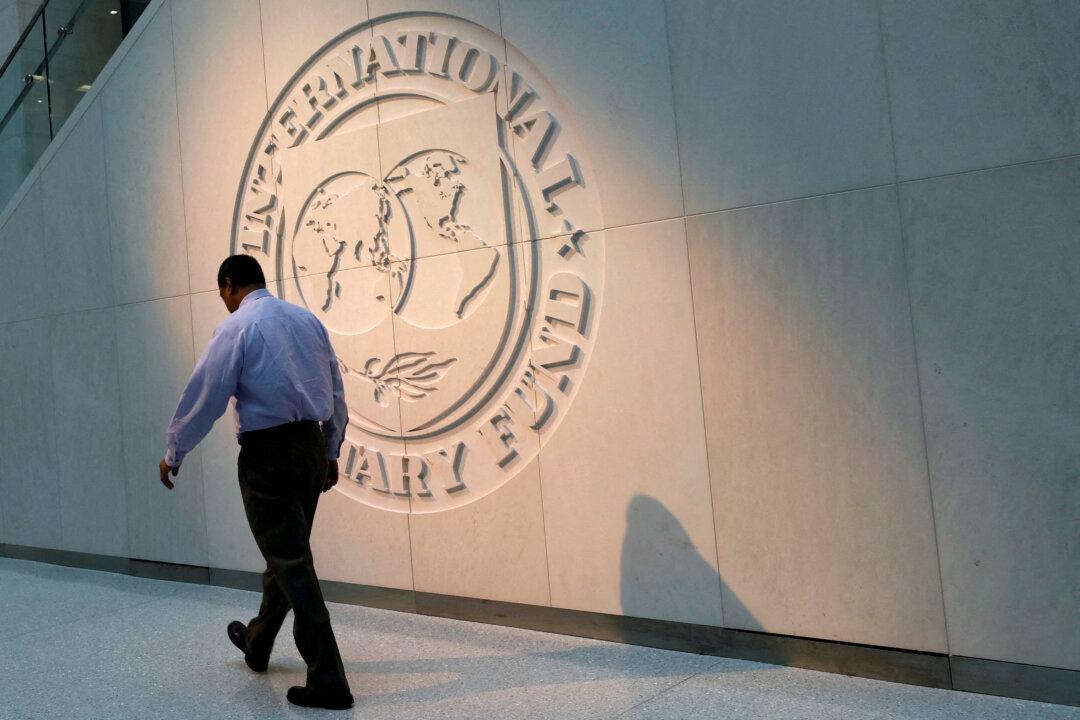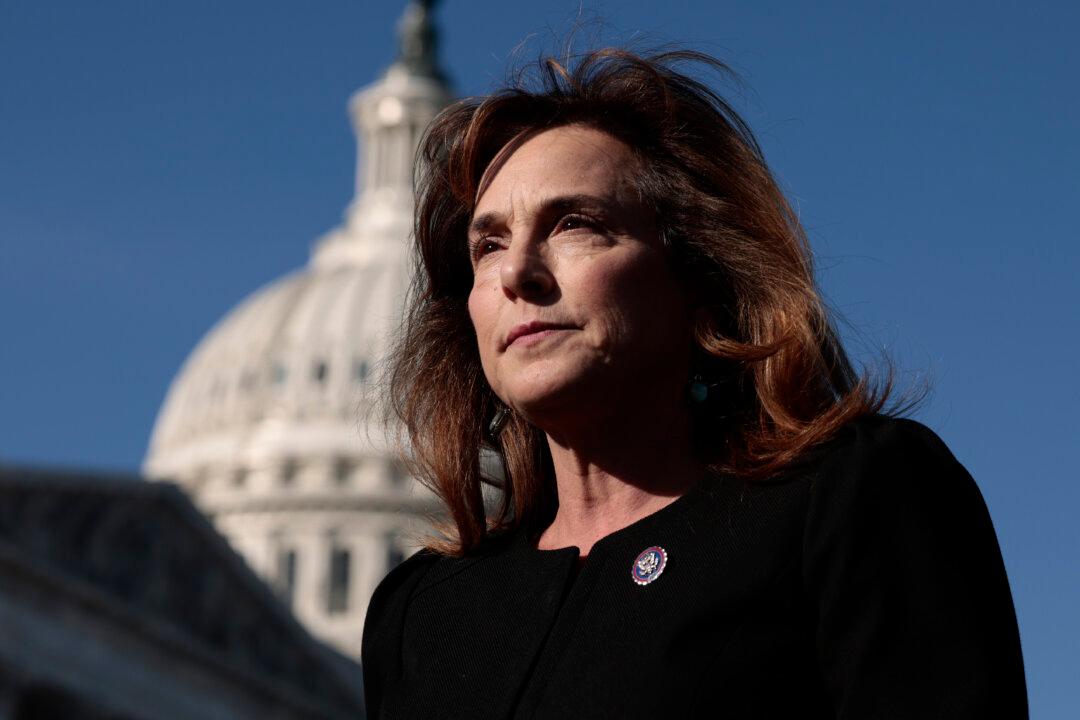JPMorgan Chase CEO Jamie Dimon has proposed a plan to end the turmoil in the banking industry, one that would involve government intervention. Still, the banker expressed concerns that policymakers will take away the wrong lessons from the current upheaval.
“I think it’s going to get worse for banks—more regulations, more rules, and more requirements,’’ he said in a May 11 interview with Bloomberg Television. “If you overdo certain rules, requirements, regulations—there are some of these community banks that tell me they have more compliance people than loan officers.’’




